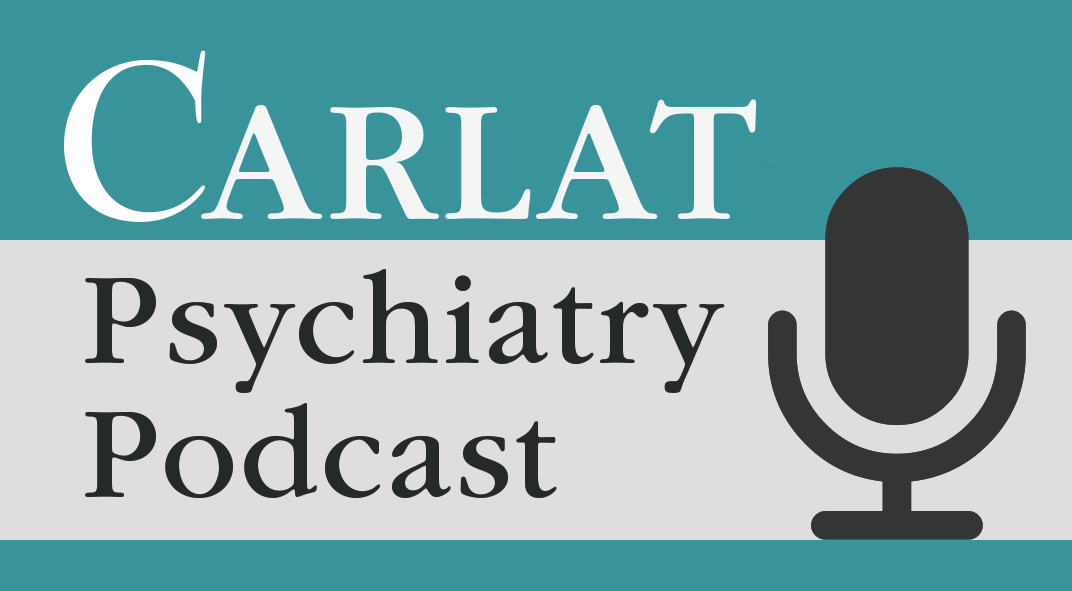The Secret History of Ketamine
, Volume , Number ,
https://www.thecarlatreport.com/#
In 1985 a Soviet psychiatrist began giving his patients ketamine in hopes to cure their alcoholism. The experiment backfired, but the results tell us something about how ketamine might treat depression. Long buried behind the Iron Curtain, this episode uncovers that early research and traces it back to modern PET-scans, the “default mode network,” and the experience of patients in ketamine clinics. Publication Date: 7/8/19 Runtime: 12 minutes, 17 seconds Article Referenced: “Esketamine Gets FDA Approval,” TCPR, June/July 2019 (subscriber only) Partial Transcript: In 1985, a team of Russian psychiatrists in Leningrad began to experiment with ketamine as an enhancement of psychotherapy. Their work was unknown to the west until the collapse of the Soviet Union in 1992. 8 years later, in 2000, the first placebo controlled double blind trial of ketamine in depression was conducted at Yale. Igor Kungurtsev began to experiment. They felt disconnected from their bodies, and that they were “floating” in strange worlds. Some of them, for the first time in their lives, spoke about God, the meaning of life, and their relationships These days everywhere we turn there is a new drug that is reported to be groundbreaking. This weeks episode we are going to be discussing the hottest new release in the field – Esketamine. Is it the game changer for treatment resistant depression as hoped, or a magic bullet to nowhere. ? Ketamine was born amid the era of the psychadelic 1960s, stemming from the desire to find a safer slternative to the illicit drug PCP. Yet it took a decade for it to be released for public use in the 70’s Aside from the drug being used in clinical settings for analgesia and sedation, ketamine has a dirty past involving recreational abuse, has been implicated in nonconsensual sexual intercourse, medical professionals have fallen prey to its euphoric effects of dissociation and this has led to diversion in the field. Provides rapid antidepressant effect within hours. The effects can last 1-2 weeks after a single dose. It is thought to have antidepressant effects – separate from the “high – because it impacts a broad range of depressive symptoms. Ketamine is neurotoxic at doses used in drug abuse but not at the doses used for depression where it may be neuroprotective, e.g. in epilepsy due to N-methyl-d-aspartate-receptor blockade. Low doses may increase glutamate activity. Ketamine works by glutamatergic modulation and reconfiguration of brain regions belonging to the DMN reduced functional connectivity (FC) within default mode network (DMN) and altered glutamatergic levels in the perigenual anterior cingulate cortex (pgACC) at 24 h “The feeling of individual self dissolved.” Transpersonal experiences of Carl Jung, religious practices, near death. spiritual self-development, self beyond the ego, peak experiences, mystical experiences, systemic trance, spiritual crises, spiritual evolution, religious conversion, altered states of consciousness, spiritual practices, and other sublime and/or unusually expanded experiences of living Ketamine is not XTC. Got feedback? Take the podcast survey. 



